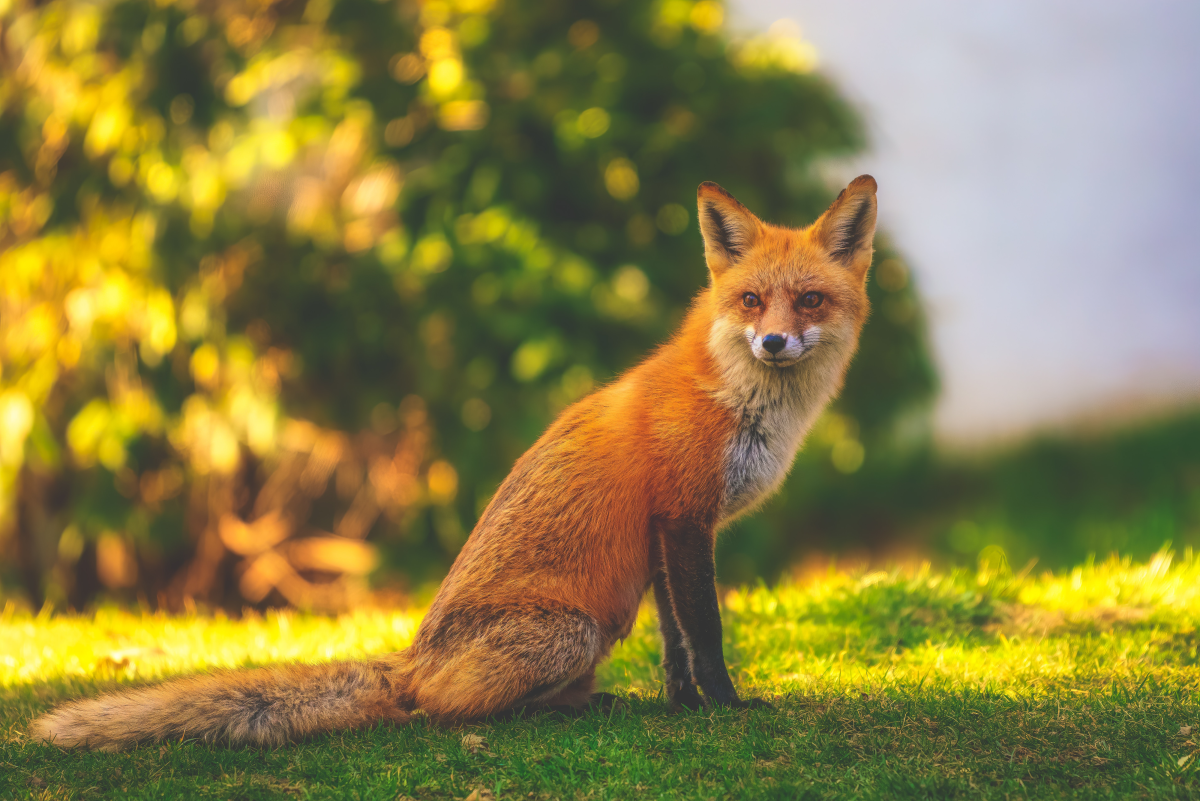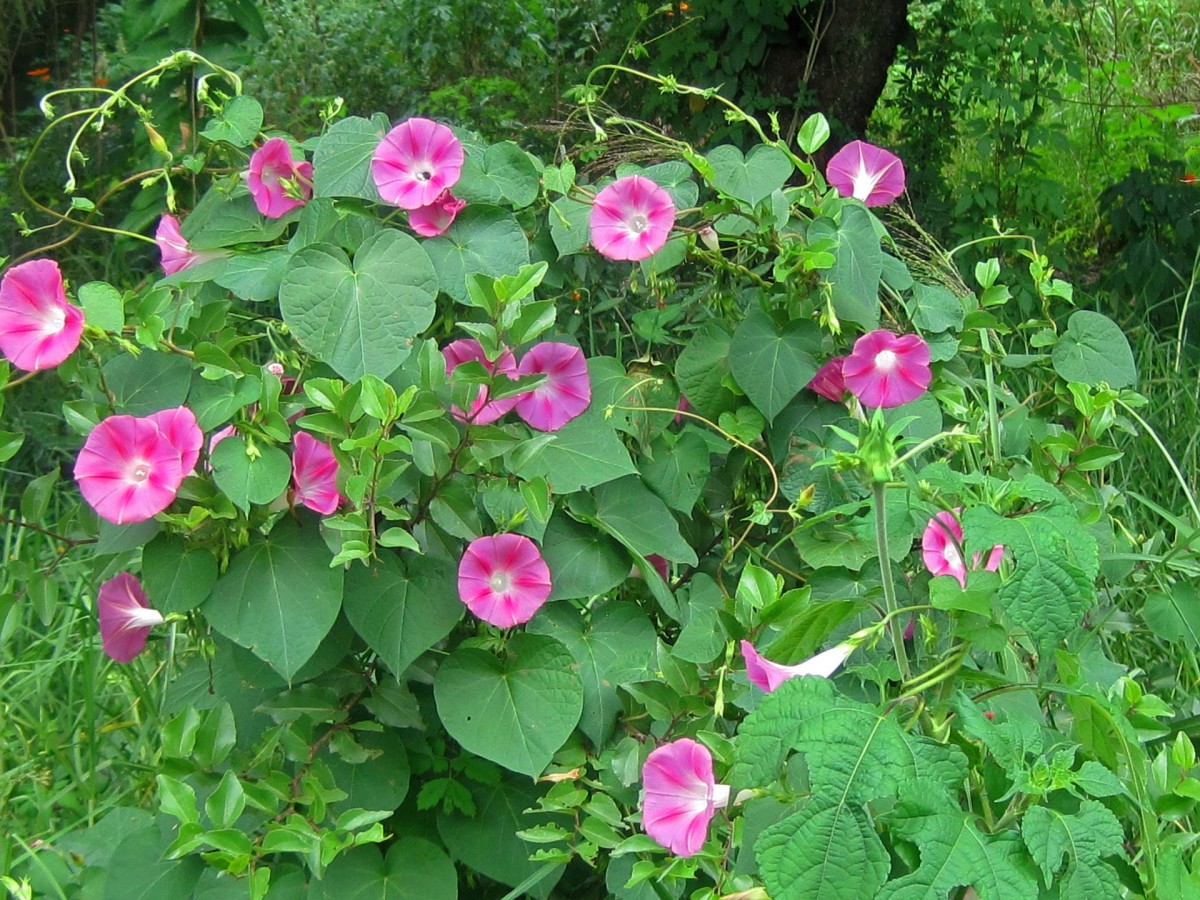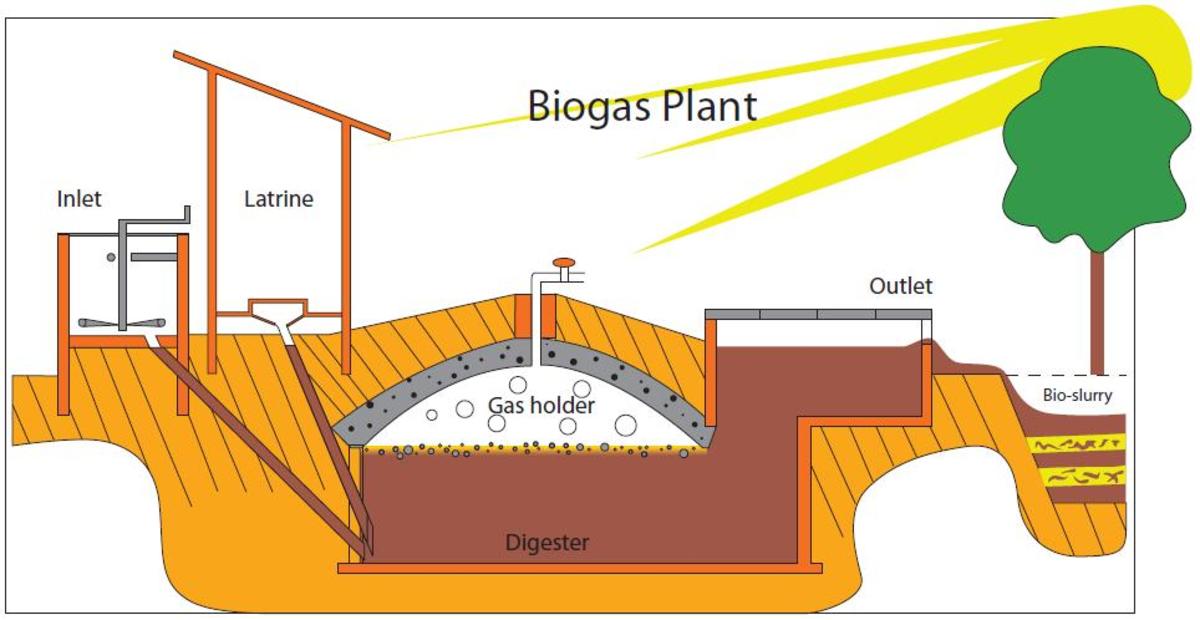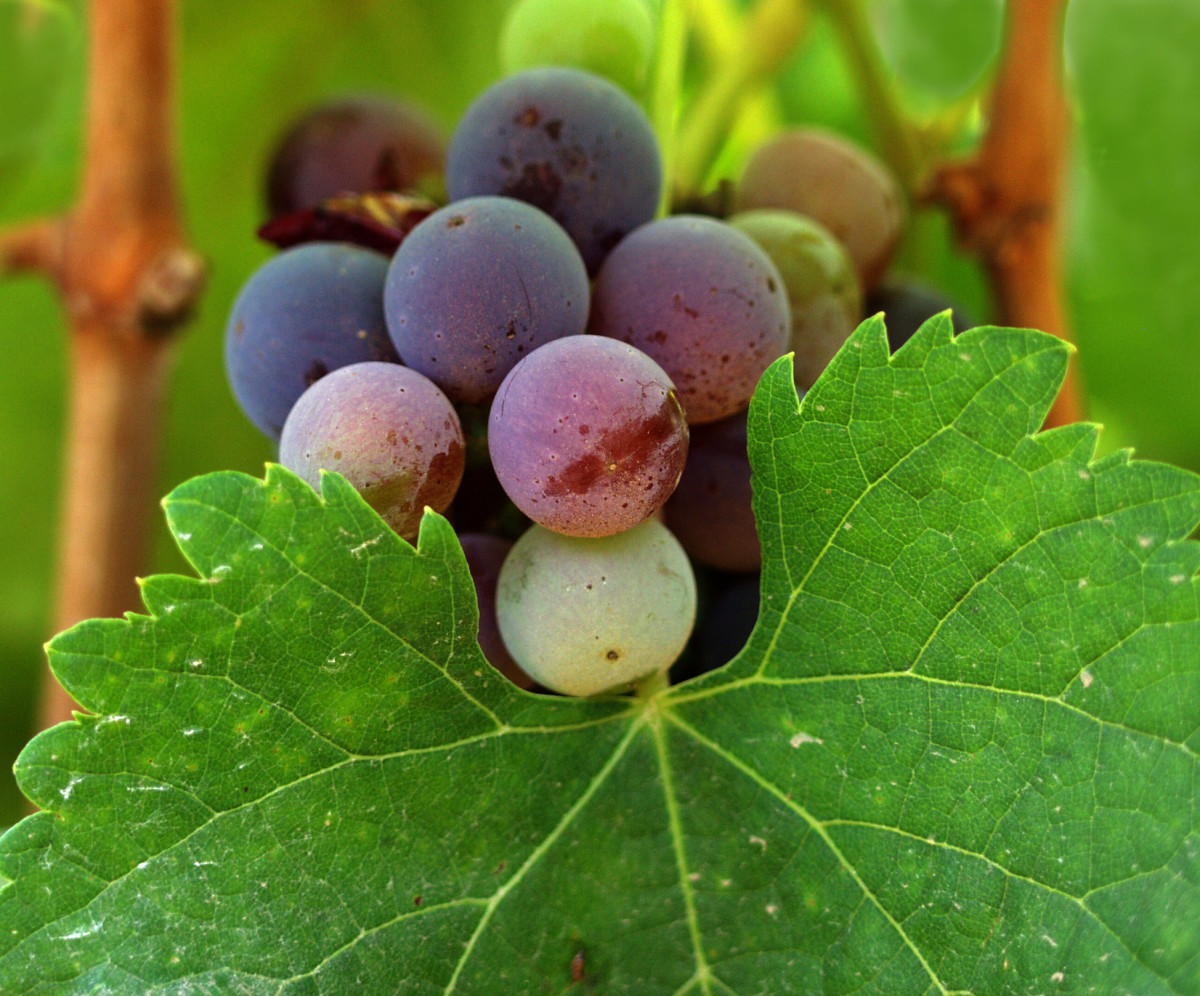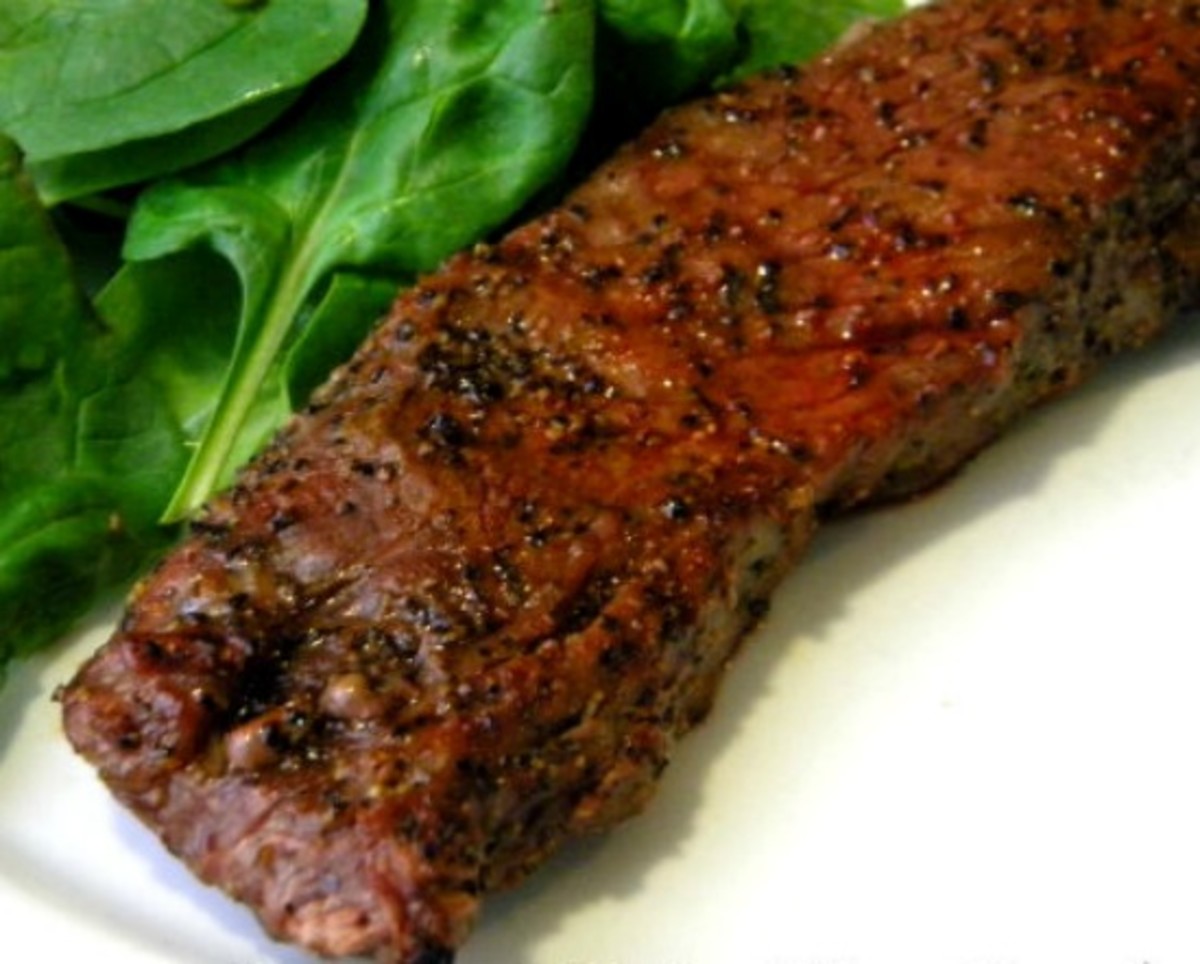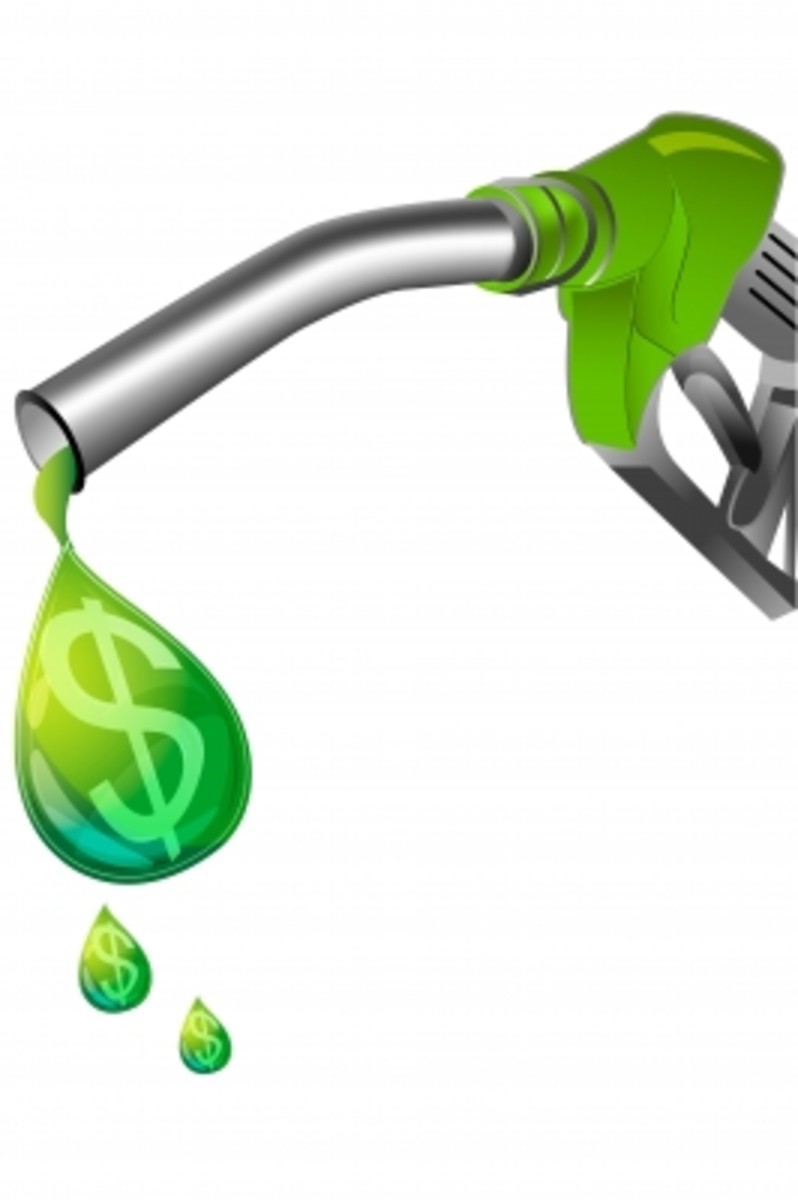Why Is Organic so Expensive
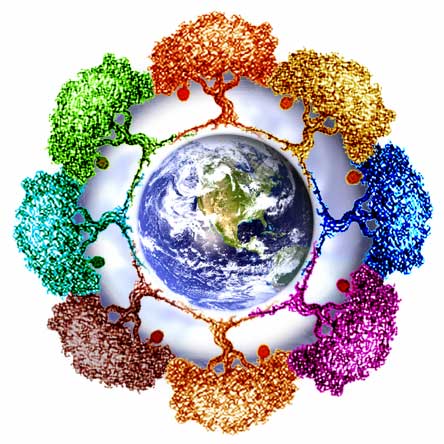
With going green being all the rage, many people want to be a part of it until they see the price tag hung on organic and eco items. From food to clothing and everything in between is being made to support our environment, but it is competing with cheap labor in unsafe working conditions with chemicals harmful to ourselves and our planet. According to the Environment Protection Agency "There are seven of the top 15 pesticides used on cotton in the United States as "possible", "likely", or "known" human carcinogens". It takes approximately one third of a pound of chemicals to grow enough cotton for just one T-shirt. When you throw on your $5.99 cotton t-shirt think about all of the residual chemicals being absorbed into your skin through your pores. We have all become so accustomed to producing as quickly as possible that we forget what we are sacrificing for quick, easy, and cheap. Meanwhile green house gasses are on the rise, cancer is an epidemic, and so many Americans are out of work because they can't compete with the slave labour in third world countries.
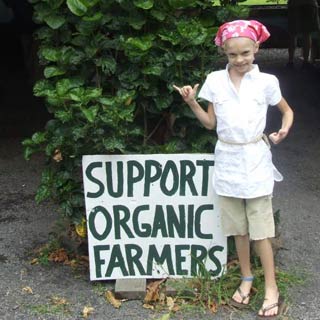
It all Starts at the Farm
If you buy something damaged or broken you get a discount, right? That is basically what is being mass produced to us, damaged and harmful products. The cost of organic reflects the actual cost to grow crops. Organic farmers don't receive federal subsidies. The process to grow organic is more time consuming and you need more people than just a farmer in a tractor spraying harmful chemicals onto the crops. The organic farming process includes many steps to keep the crops, soil, and air as healthy as possible. Some of the process includes:
- Soil management through crop rotation and green manure which promotes the symbiotic relationship between crops and nutrients they need to maintain healthy growth
- Weed management through weed suppression, tillage, cultivation, mowing and cutting, thermal weeding, mulching, and grazing
- Pest control through introducing predatory pests referred to as biological pest control and using natural pesticides like chrysanthemum extract and neem extract. In a study fewer than 10% of organic farmers turned to these natural pesticides preferring the use of biological pest control.
- Rejection of genetic modificaion
- Harvesting without the use of chemical harvest aids
- Proper storage of crops
- Regular inspections to make sure that they are using standards set by the EPA and IFOAM before they can use the seal of certified organic
After these steps and many more, organic crops will head to your local grocer, green restaurant, or manufacturing plant to be made into textiles and other products.
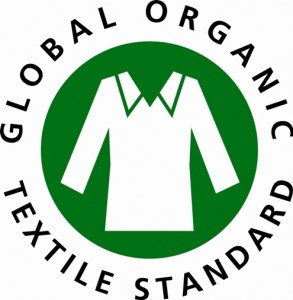
Manufacture Organic
Eco-friendly clothing made of chemical-free cottons, soy fibers, hemp and bamboo offer more than just environmental benefits. These fibers are comfortable, soft and breathable. Price in the manufacture process also increases because of the relatively small quantities of organic fibres involved. Most, in fact almost all organic fabric is manufactured in facilities that also manufacture conventional fabrics. In order to keep the fabric safe from all those harmful chemicals before each batch of organic product can be processed all the cotton gins, weaving, knitting machines, sewing machines, and work areas must be cleaned of any and all residues from processing conventional material. The cost of cleaning these facilities is tacked on to the eco-wear.
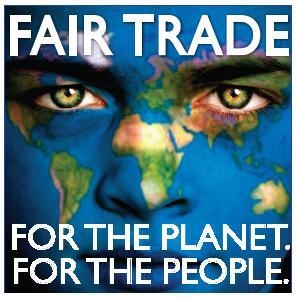
Fair Trade
“Fair trade is a trading partnership, based on dialogue, transparency and respect, which seeks greater equity in international trade. It contributes to sustainable development by offering better trading conditions to, and securing the rights of, marginalized producers and workers – especially in the South. Fair trade organizations (backed by consumers) are engaged actively in supporting producers, awareness raising and in campaigning for changes in the rules and practice of conventional international trade.”, said by the leaders of FINE
Fair trade supports artisans in poverty that allows them to trade their goods in global markets. Fair Trade shows respect to the hard work of talented artisans and provides a sustainable way of life for developing communities. It helps build build schools, provide education, health care and helps in the empowerment of women and minorities. Fair trade is anti-slavery and anti-child labor.
So what does all this mean?
When you buy things that are eco-friendly and organic you are helping to support so many individuals instead of the money and power hungry corporations that have led us all to a global race to the bottom. Change is needed now and we are getting on the right track. It all comes down to respect. Respect ourselves by eating pure food, and draping our bodies with chemical free materials. Respect to our fellow man that puts time, effort and care into the farming of our food, the sewing of our clothes, and the great works of art the decorate our home. Respect to the planet, because lets face it if we ruin this one we don't get another chance to try again. So when you put that together look at what goes into organic and see al the good its doing and ask yourself is it worth it?

